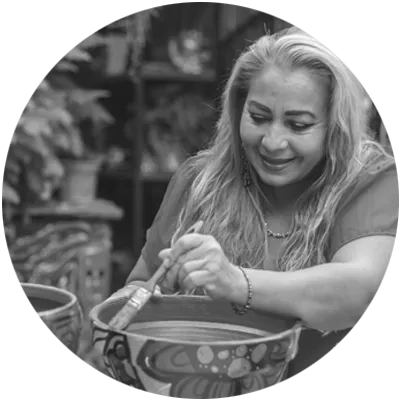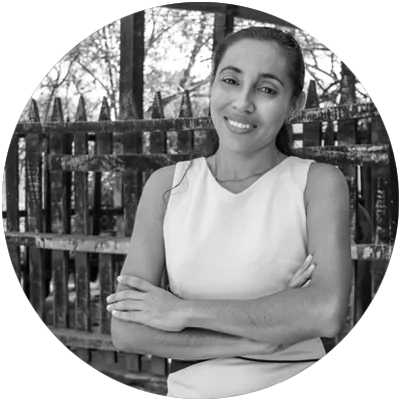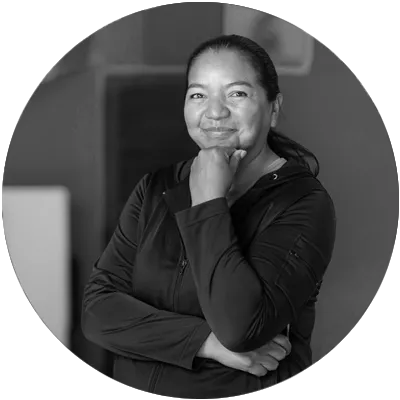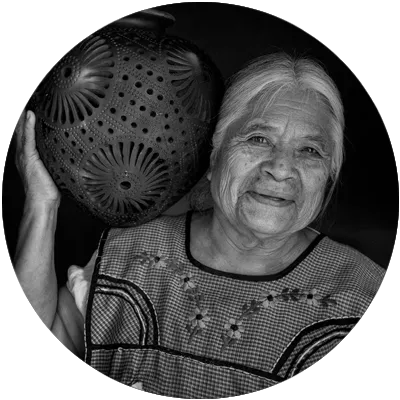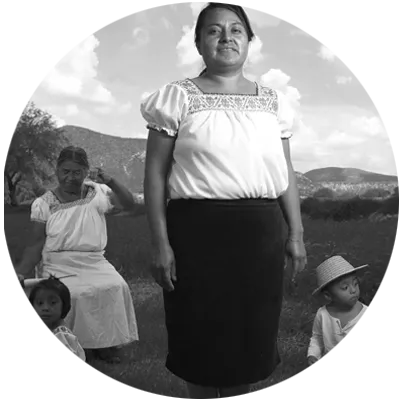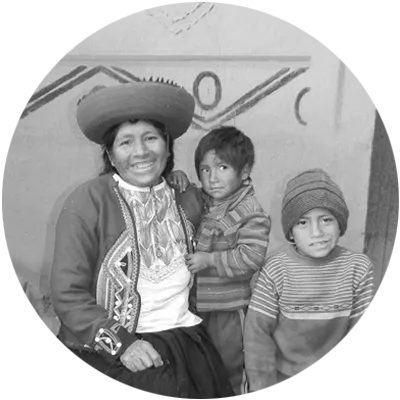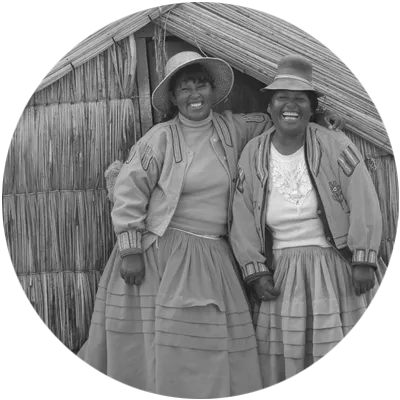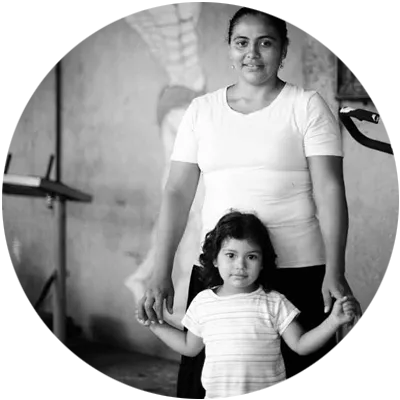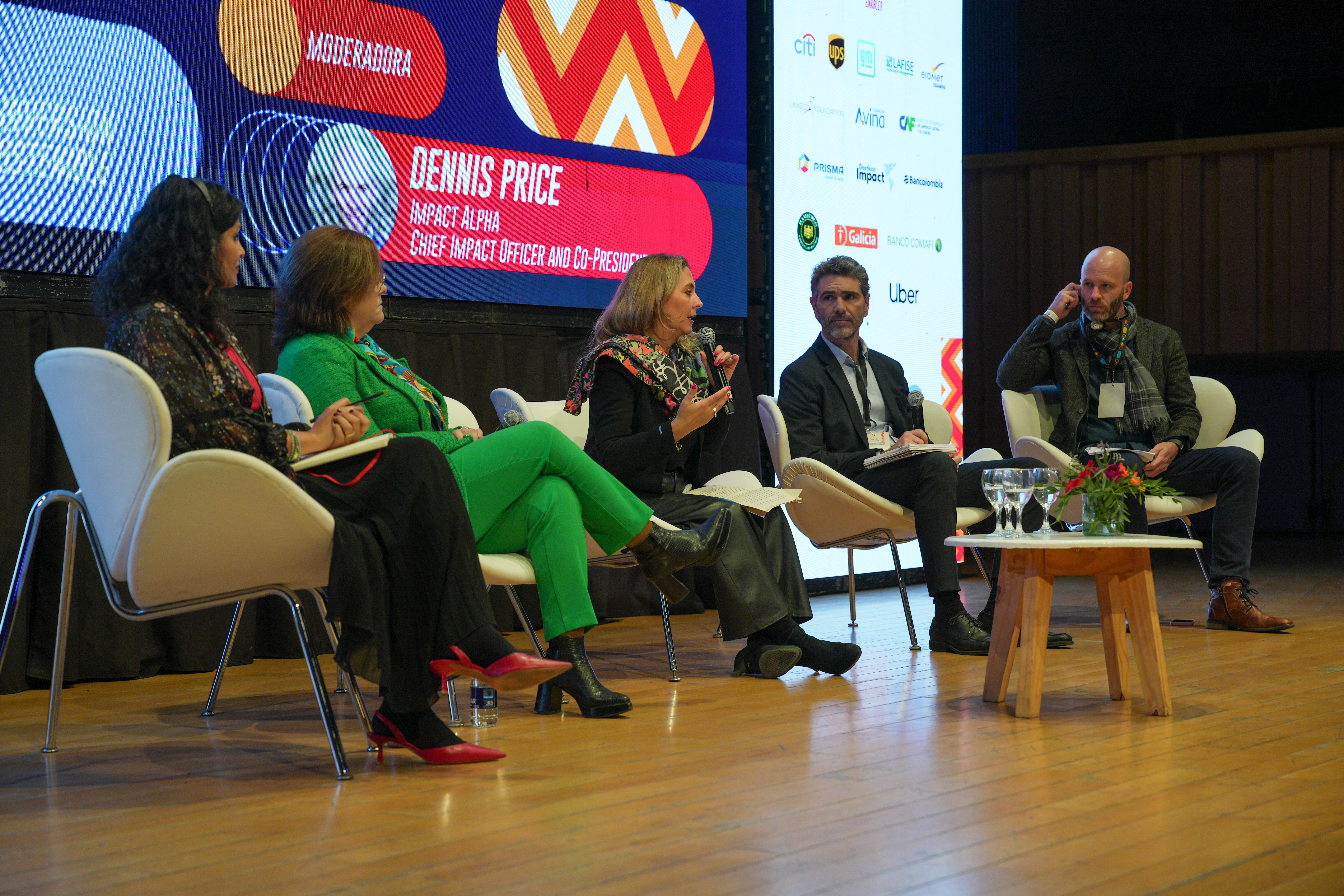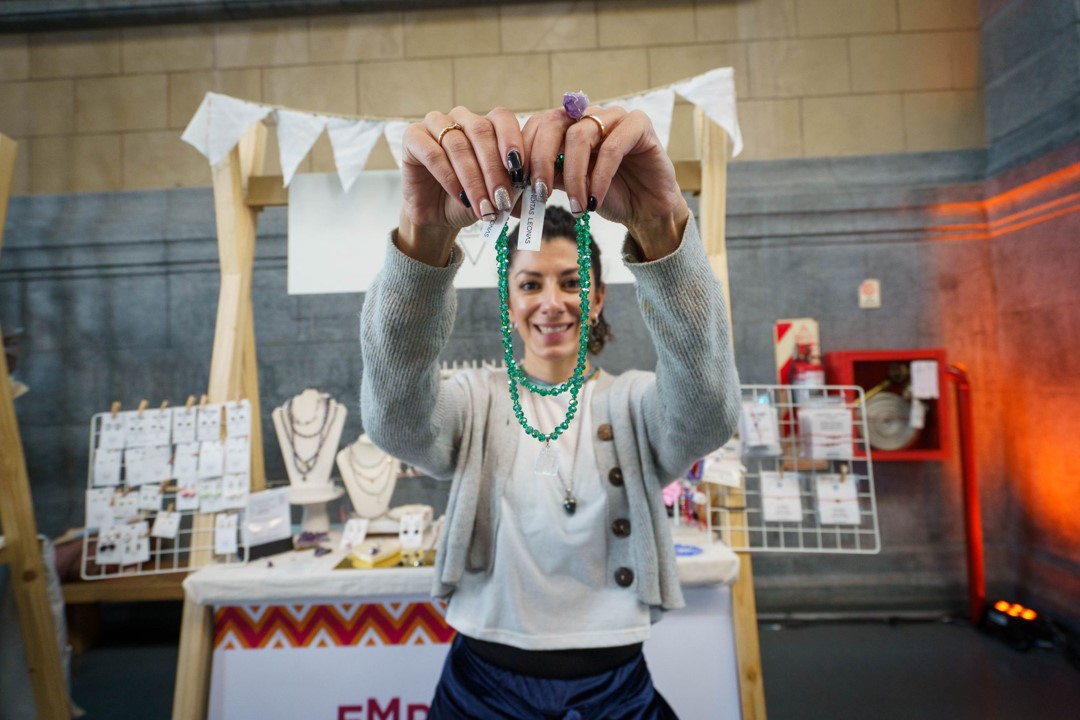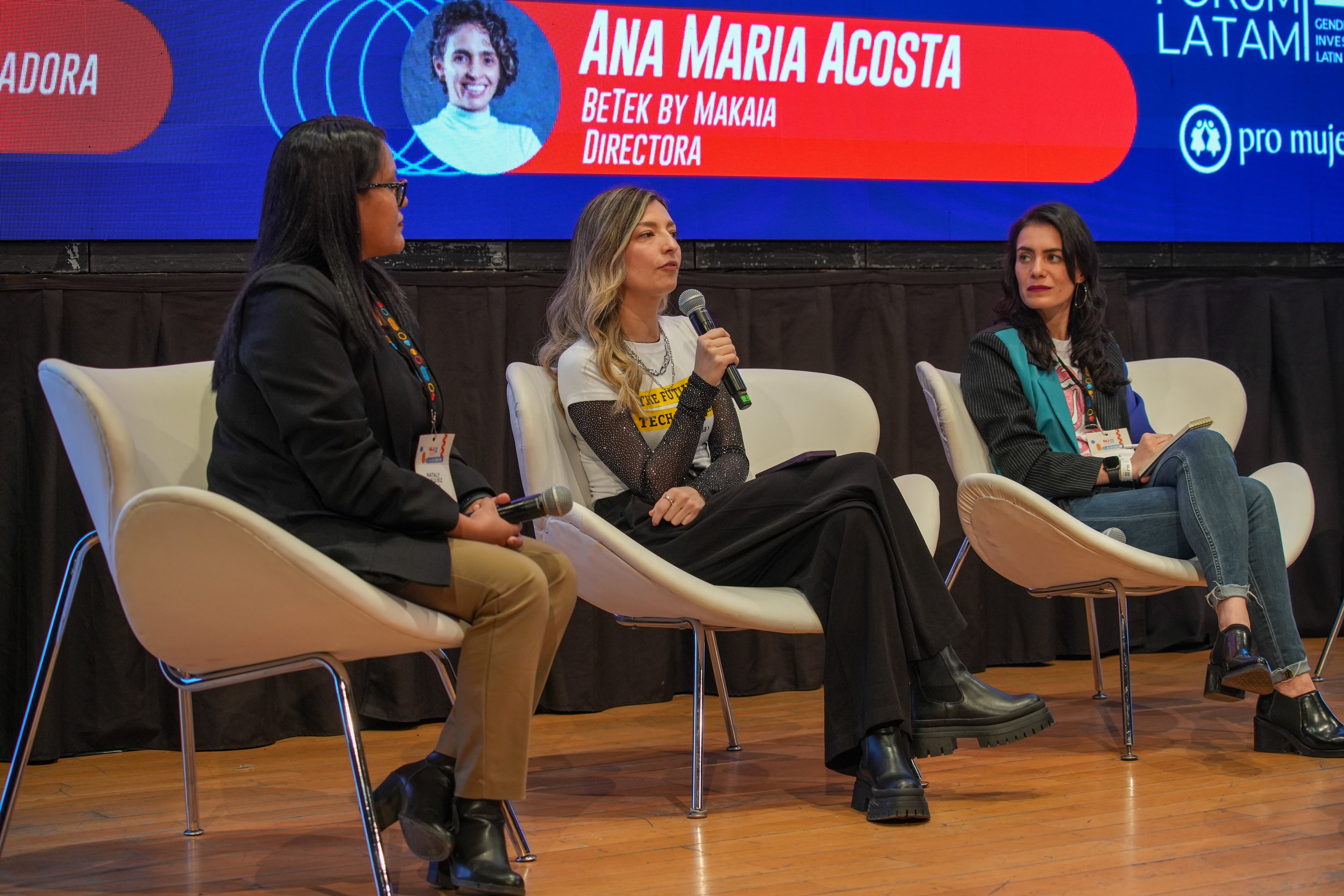Why put gender inequality and the climate crisis in the same conversation? This was the question that set up the discussion “Climate Action: Investment Opportunities for a Sustainable Future,” moderated by Dennis Price, Chief Impact Officer and Co-President of Impact Alpha, and featuring Sana Kapadia, Chief Catalyst of Heading for Change; Carolina Suarez, CEO of Latimpacto; Diego Flaiban, Southern Cone Financial Sector Director at IDB Invest; and Mariella de Aurrecoechea, President of the S-LATAM Board & Climate Change and Sustainability Leader at Deloitte.
The five panelists all agreed on a counter question… Why not? The most forceful position was expressed by Mariella de Aurrecoechea: “They are hypermeaningful dimensions because our lives are slipping away, wouldn’t you say? This is a strategic, central topic.” This set the stage for a conversation that urgently highlighted the disproportionate way in which the climate crisis affects women and girls and how, despite these challenges, they are leading many of the innovative and sustainable solutions.
Climate change exacerbates poverty and migratory movements, but it also amplifies gender inequality. According to the UN, women and girls constitute 80% of the people displaced by the effects of climate change and are 14 times more likely to die following a natural disaster, and some 158 million women and girls live in poverty as a direct result of climate change—16 million more than the total number of men and boys.
This figure underscores how natural disasters and environmental changes disproportionately affect women, exacerbating their vulnerability and the need for inclusive and equitable solutions. And yet, despite being the most affected, women are at the forefront of many innovative climate solutions. “There is an issue related to women’s particular vulnerability, but there is also their capacity for adaptability, to offer solutions, that ability women have to expand the solutions that they co-create with others,” emphasized Carolina Suárez.
An inspiring example presented during the discussion was the case of women in rural areas of Latin America and Africa, who have led sustainable projects in agroecology, energy, circular economy, and more. Sana Kapadia shared how, through Heading for Change (an endowment that focuses on unlocking capital for the climate and gender financing nexus), they have made six investments so far and are funding two projects in Latin America and Africa as part of their regional approach.
These investments seek not only environmental sustainability but also the empowerment of women and, above all, “to demonstrate that it is possible, that there is a portfolio, that there are things people can actively do today as investors, even in this region.”
Thus, to effectively address the climate crisis and gender inequality, it is essential to activate inclusive climate financing flows. During the discussion, the participants also looked at ways to activate these flows in a way that truly takes into account the disproportionate needs of women. The answer lies in creating financial mechanisms that integrate gender perspectives and promote equality.
An illustrative case was a gold mining project in rural areas led by women and supported by UNDP and Latimpacto, where credit lines were implemented with the condition of not using mercury, thus integrating environmental and financial inclusion criteria. Similarly, in Costa Rica, a sustainable bond with a gender component showed that 39% of women-led businesses took a green credit, compared to 20% in the overall portfolio, highlighting women’s responsibility and commitment to sustainable practices.
The Need for a Systemic Approach
A key takeaway from the forum was the need to address these issues systemically and not in silos: “Let’s start seeing connections beyond isolated solutions,” in Suárez’s words. She, along with the other panelists, highlighted that all actors in the investment ecosystem must be project facilitators who integrate multiple agendas, demonstrating that the perceived risk is manageable. This integrative approach is essential to effectively and equitably address the climate crisis.
Kapadia emphasized the importance of addressing climate, health, and gender issues in an interconnected way: “We have climate on one side, health on the other side, gender on another side, financial inclusion, and so on. But these are systemic problems; they are interconnected and, of course, the impact is accentuated by gender factors.”
What Should the Sector Commit To?
For Mariella de Aurrecoechea, President of the S-LATAM Board & Climate Change and Sustainability Leader at Deloitte, a true change “must go beyond the message; it is truly a commitment and I think that is the challenge for businesses. To truly have this commitment from the strategic theme and act accordingly.” Thus, the panel ended with a proposal to establish specific items that can be traced over time:
- To work with more and better data to raise awareness and improve decision-making. And, in the same sense, document and learn from the success cases that are already happening.
- To create ecosystems and alliances: That the number of agents involved not be a cause of a loss of focus, and that both investment and financing may be channeled into initiatives such as, for example, the decarbonization of the economy.
- To maximize the synergies between the gender equality agenda and the climate crisis agenda.
- To scale initiatives to make them much broader, an objective in which multilateral organizations play a fundamental role because they are the ones with a regional presence.
- To raise the strategy to higher levels within organizations, not just at the operational level. To have more commitment, more ambition and, in Kapadia’s words, more hope, “because yes, it’s difficult, but if we lose hope at this particular time, then it will just be a straight path to hell.”
The intersection between climate change and gender inequality is crucial because, despite being the most affected, women are leading innovative solutions that must be supported through inclusive and systemic investments. This is just the beginning of a necessary conversation to build a more sustainable and equitable future for everyone.


